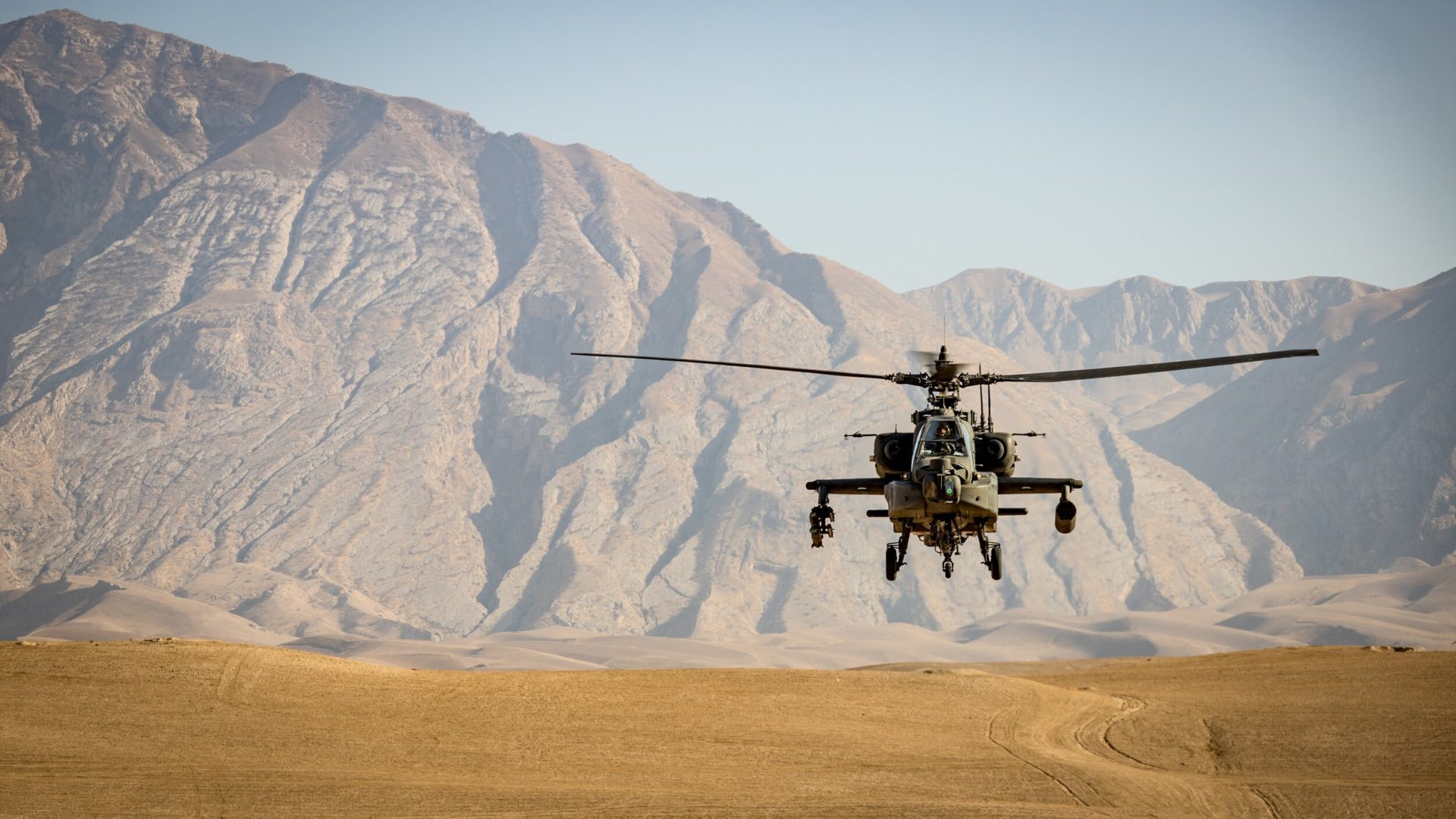
In 1992, I was serving as Deputy Assistant Secretary of Defense for Drug Enforcement and was finishing up an extended trip to Latin America – particularly the nations of the Andean Ridge that supplied more than 90% of the global cocaine trade. The purpose of the trip was to meet with “host nation” counter-narcotics officials to discuss how the U.S. military could help them to be more effective in reducing drug trafficking.
One night, I was having dinner at a fancy, revolving restaurant on the top of an office building overlooking a sparkling city below. I was joined by a senior government official, his aide, and one of my senior staff members. I had spent a lot of time with this individual and felt we had a good rapport.
After perhaps a few too many glasses of wine, the businesslike reserve between the two of us melted away, and toward the end of the evening, he looked sharply at me across the table and stated, “You know, you guys come down here and tell us, ‘You ought to be doing this or you ought to be doing that,’ but in the past year, we have had 11 federal judges killed by the “narcos”; yet the mayor of your capital city…..”
He was referring to the then fairly recent arrest of DC Mayor Marion Barry for cocaine use. The point wasn’t lost on me: the U.S. created the demand, had a huge and growing drug problem, and yet we were trying to shift the counter-trafficking burden to the source countries.
In typical American fashion, we were often largely clueless to the history, culture, socioeconomic factors, and national interests of those countries. Our solution was, as it had been in Southeast Asia decades before, a little “nation-building” will fix everything. We were oblivious to the fact that the host nations would gladly accept our money and hardware, but they hardly viewed us as a role model.
For generations, U.S. foreign policy has used this approach when dealing with struggling nations around the world, particularly those who are perceived to threaten our national interests. Many believed that after the fall of Saigon that America would recognize the futility of conducting military campaigns far from our sphere of influence to stem a perceived communist threat and to bolster what we knew would never be a truly democratic government.
It seems that history has taught us very little. Since that time, we have continued to wade into the murky waters of hostile nation neutralization while, again, lacking even the most fundamental understanding of their cultures, mores, history, and politics. We continue to use our military as a sort of foreign policy Swiss Army Knife. While we have our military fighting wars, we also involve them in nation-building. It is a mission for which they are wholly unsuited and often in nations that have little interest in being built by their subjugators.
Our slapdash withdrawal from Afghanistan has brought about a devastating and humiliating end to our involvement in Afghanistan. This is particularly true for those of us who serve or have served in uniform. While the crafting of policy is largely left to political appointees (having been one myself), it is our uniformed military who are on the ground and who must shoulder the tremendous physical, emotional, and psychological burdens that are driven by our foreign policy. It is they and their loved ones who will carry the scars of America’s wars.
There will be plenty of time to examine the degrees of responsibility for the debacle that marked the U.S. departure from Afghanistan. There is plenty of blame to go around. Whether it be the Trump Administration’s farcical agreement with the Taliban that cut out the Afghan government, to Biden Administration’s breathtaking incompetence in the execution of an orderly withdrawal, none of the four presidential administrations that oversaw the war can distance itself from the incalculable damage that was done to American prestige and the destructive impact on the morale of our fighting forces. Our wholesale abandonment of thousands of Afghans who aided us during the war is a moral low.
There is a saying that history doesn’t repeat itself, but it does rhyme. From my personal work in Latin America to Vietnam and the Fall of Saigon, and now to our 20 years in Afghanistan followed by an acrimonious exit, you will see a common thread. Our unearned self-confidence – indeed hubris – led us to believe that we would be successful in applying one-size-fits-all, American solutions to complicated foreign problems. These nations have cultures going back thousands of years and although we may find many of their social practices to be unseemly, no matter how hard we try and no matter how many trillions of dollars we spend they were never going to be like us.
Granted there have been huge intelligence failures, most notably in Iraq and Afghanistan; however, our recognition of these failures did little to prevent us from being blinded by our own hubris. Both Trump and Biden share a well-documented trait: a bias against the recommendations of our military leadership. Both presidents were cautioned against making too hasty of a withdrawal from Afghanistan. And both presidents cast aside that advice to leave our legacy to a toothless, corrupt Afghan government that had given up their end of the bargain as soon as it was time to step up.
Yes, we will eventually be able to put the stain of it all behind us, but should we? If history has taught us anything, it is that we never forgive, but always forget. To honor our troops, the Afghans who helped us, and the generations that must endure future conflicts, we must break the cycle of disastrous foreign interventions. We must solidify the fact that the American model does not work for everyone.

Robert Kelly
A former Coast Guard JAG officer, he served in the Reagan White House Military Office as Special Assistant for Operations Policy. Following his leaving active duty, he was appointed General Counsel, Office of the Administration in the Executive Office of the President under President George H. W. Bush. He subsequently was appointed Deputy Assistant Secretary of Defense (Drug Enforcement) also in the first Bush Administration. His private sector career was primarily focused as a corporate general counsel for technology companies serving the U.S. Intelligence Community. He was a founder and partner in CenTauri Solutions, LLC an intelligence community contractor that was acquired by Computer Sciences Corporation. He retired from the Coast Guard Reserve as a Captain with 10 years of active duty and 16 in the Reserve.






